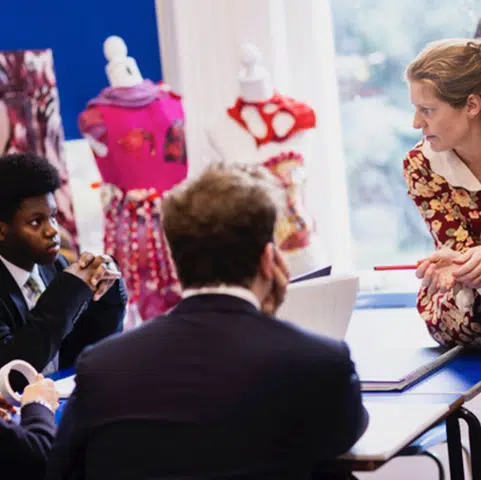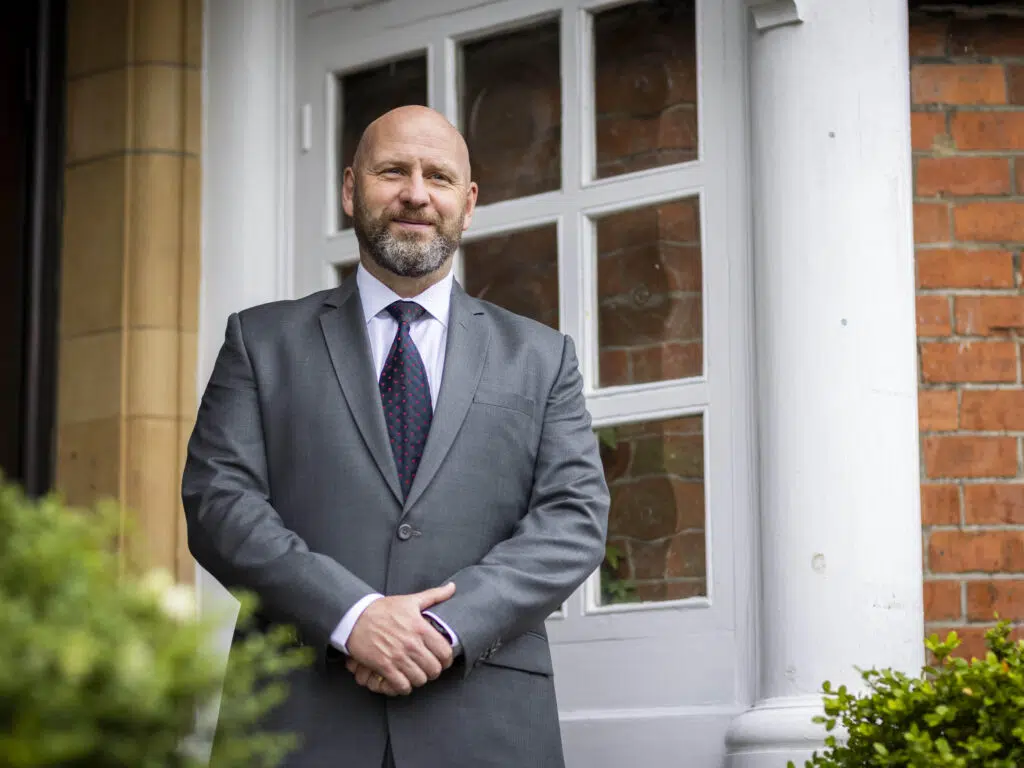I hope this finds you well.
If education is a good thing for our students, then I think it ought to be good for all of us: teachers, pastoral staff, support staff, parents, agents, and certainly for me. It would be ridiculous if a teacher looked back at their last formal qualification and thought that their learning was done, that education was now something that they just do to other people. If we want students to be life-long learners, as they will certainly need to be, then we ought to model that ourselves. When a teacher has worked for ten years, is that ten years of experience, or one year repeated ten times?
When I had been teaching for about ten years, I took up a new skill, something that I had never tried before and took regular lessons along with my son, and when she grew older, my daughter. The experience of being lost, confused, forgetting last week’s lesson, getting pulled into line for chatting in class and so forth was remarkably sobering, and made me, I hope, a more patient teacher in turn. I was motivated and tried hard, but struggled nevertheless, and the experience gave me a better understanding of why my students sometimes forgot what I had said the previous week about the ontological insecurities of the major metaphysical poets.
As part of this journey, I have been reading ‘Leaders Eat Last’ by Simon Sinek, one of my favourite writers and a remarkable thinker about what makes us tick. If you have not seen it, then I certainly recommend his TED talk: ‘How great leaders inspire action’. What I did not expect in this book was how he delved into evolutionary biology and explored the role of endorphins, dopamine, serotonin and oxytocin in how we function. If I have this right (somewhat unlikely) then his thesis is that the way these chemicals regulate our behaviour can have a huge impact on how we function in the world. Endorphins mask pain and enable us to soldier on, even when it hurts. Dopamine rewards us for doing something positive for ourselves, even something as simple as eating. Serotonin rewards us when we cooperate; it is why doing good deeds feels good. Oxytocin is the chemical response that enables friendship and trust and love.
You can probably see his argument already. Chemical reward systems are built into our bodies, and we need all of them, even if they were developed when humans lived in very different circumstances. Nevertheless, some of them tend to reward selfishness, and some reward altruism. In some ways, the process of growing up can be seen as moving from one system to another. A little baby is aware only of her own needs; this is why they can be such fun: responding to their simple needs of food and drink, comfort and love, and tummy tickles brings a release of dopamine in them and a wave of oxytocin in us. We are, of course, more than just chemical processes, but it is an interesting insight, don’t you think?
We are partly regulated by chemical systems that work for us, and chemical systems that work with others. We have a choice about which of those reward systems we want to nourish and exercise.
I wish you a peaceful and happy weekend, full of serotonin and oxytocin.
Joss Williams, Head Teacher


